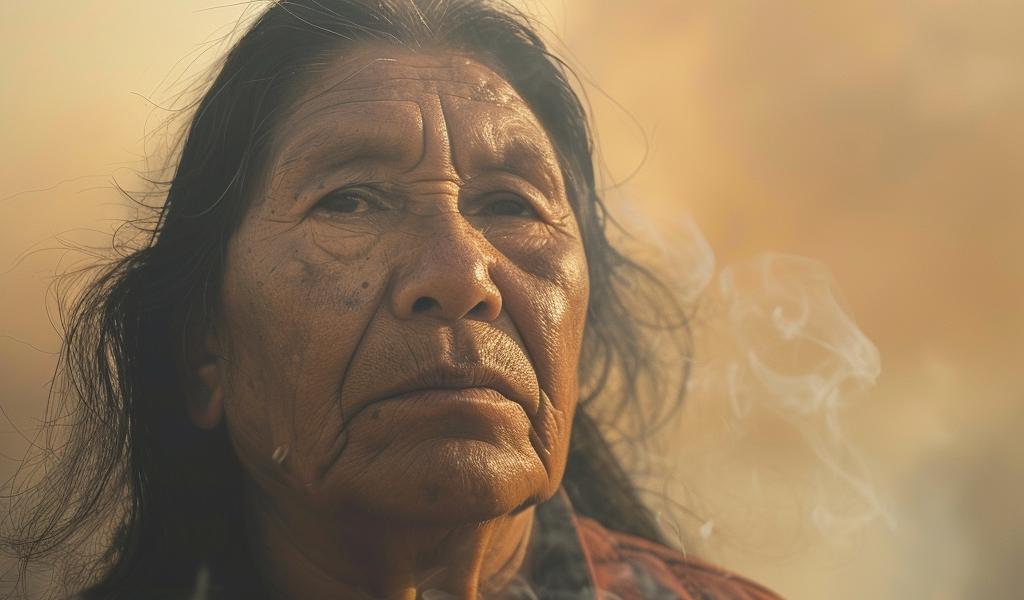Wildfire Smoke Disproportionately Affects Indigenous Communities in California, New Research Shows
Wildfire smoke has been found to disproportionately affect Indigenous communities in California, according to new research using a novel method to study wildfire-related particulate matter and air quality. The study suggests that these communities are exposed to significantly higher levels of dangerous particulate matter than previously known.
Using a unique series of metrics that better reflects prolonged, community-level smoke exposure, researchers discovered that Indigenous communities in California were exposed to about 1.7 times as much wildfire smoke, on average, as would be expected based on their statewide populations from 2006 to 2020. This finding highlights the disproportionate impact of wildfire smoke on these communities.
The researchers propose that their new matrix for measuring exposures will enable public health experts to better understand the long-term effects of wildfire smoke, particularly for environmental justice and epidemiological studies. This understanding is crucial for vulnerable communities, especially as wildfires worsen due to climate change and affect millions of people nationwide.
Rachel Morello-Frosch, a professor at the University of California, Berkeley, emphasized the need to consider wildfires using a more cumulative exposure framework, particularly as wildfires are expected to increase in frequency and intensity. The study, published in the journal Proceedings of the National Academy of Sciences, is believed to be the first of its kind to take a robust look at exposure assessment, shedding light on the significant impact of wildfire smoke on Indigenous communities.
The study’s findings underscore the importance of addressing the disproportionate effects of wildfire smoke on Indigenous communities and the need for comprehensive strategies to mitigate these impacts. As wildfires continue to pose significant challenges, understanding the long-term health effects of smoke exposure is crucial for developing effective public health interventions and policies.





